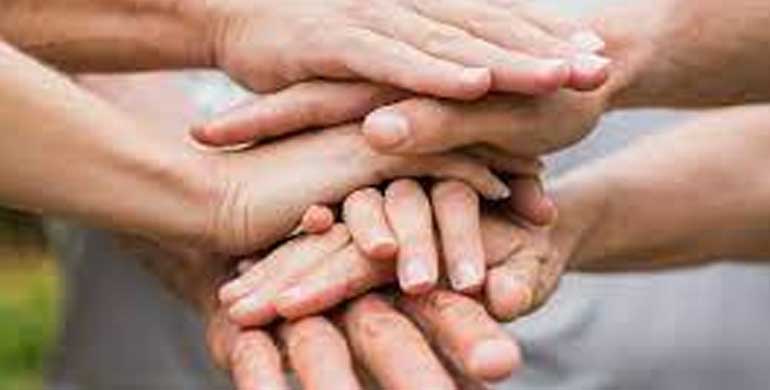Give Them Education

11 Nov, 2023
Give Them Education
That's a wonderful initiative! Supporting individuals with disabilities (Divyangjan) and orphan children by providing them with food, shelter, education, and medical treatment is a compassionate and impactful way to make a positive difference in their lives. Here are some steps and considerations you may want to take into account:
1.) Needs Assessment: Conduct a thorough needs assessment to understand the specific requirements of the individuals you aim to support. Identify the types of disabilities, their educational needs, healthcare requirements, and any other challenges they may face.
2.) Collaboration: Collaborate with local NGOs, government agencies, and other organizations that specialize in supporting people with disabilities and orphaned children. Building partnerships can enhance the effectiveness of your efforts and help in accessing additional resources.
3.) Infrastructure and Shelter: Ensure that the infrastructure and shelter provided are accessible and accommodating for individuals with disabilities. Consider their mobility, sensory, and other specific requirements to create an inclusive environment.
4.) Education: Develop educational programs tailored to the needs of children with disabilities. This may involve specialized teaching methods, assistive technologies, and accessible learning materials.
5.) Healthcare: Establish partnerships with healthcare providers to ensure that the children and individuals with disabilities receive necessary medical treatments and therapies. Regular health check-ups and rehabilitation services may be essential.
6.) Nutrition: Provide nutritious meals that cater to any dietary requirements or restrictions. Proper nutrition is crucial for the overall well-being and development of children.
7.) Skill Development: Implement programs that focus on skill development to empower individuals with disabilities for future employment opportunities. This could include vocational training and job placement assistance.
8.) Community Involvement: Involve the local community in your efforts. Sensitize people to the needs of individuals with disabilities and orphaned children, and encourage community support.
9.) Legal and Rights Awareness: Raise awareness about the rights of people with disabilities and orphaned children. Ensure that they have access to legal support and are aware of their entitlements.
10.) Regular Monitoring and Evaluation: Implement a system for regular monitoring and evaluation of your programs to assess their impact. This will help you make necessary adjustments and improvements over time.
11.) Fundraising and Sustainability: Develop sustainable fundraising strategies to ensure the ongoing support of your initiatives. This may include seeking donations, grants, and partnerships with businesses or philanthropic organizations.
Remember to approach this work with sensitivity and respect for the dignity and autonomy of the individuals you are supporting. Your commitment to providing holistic support can make a significant difference in the lives of those in need.




